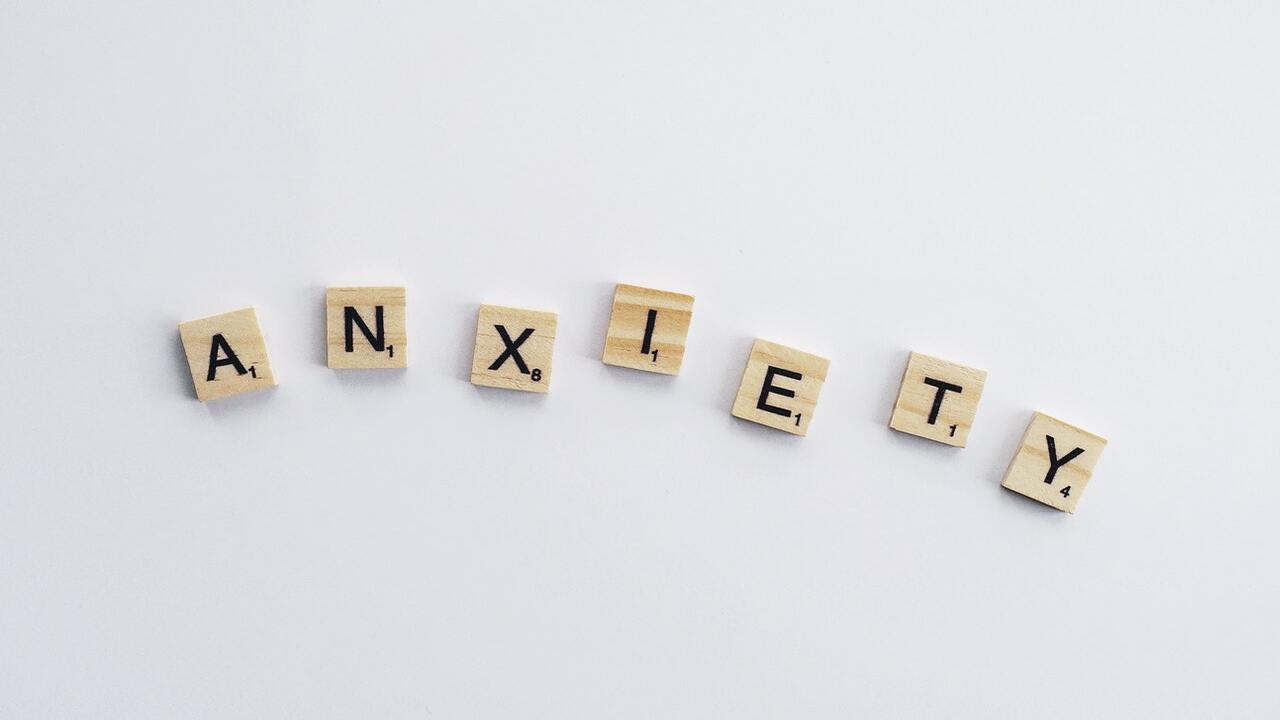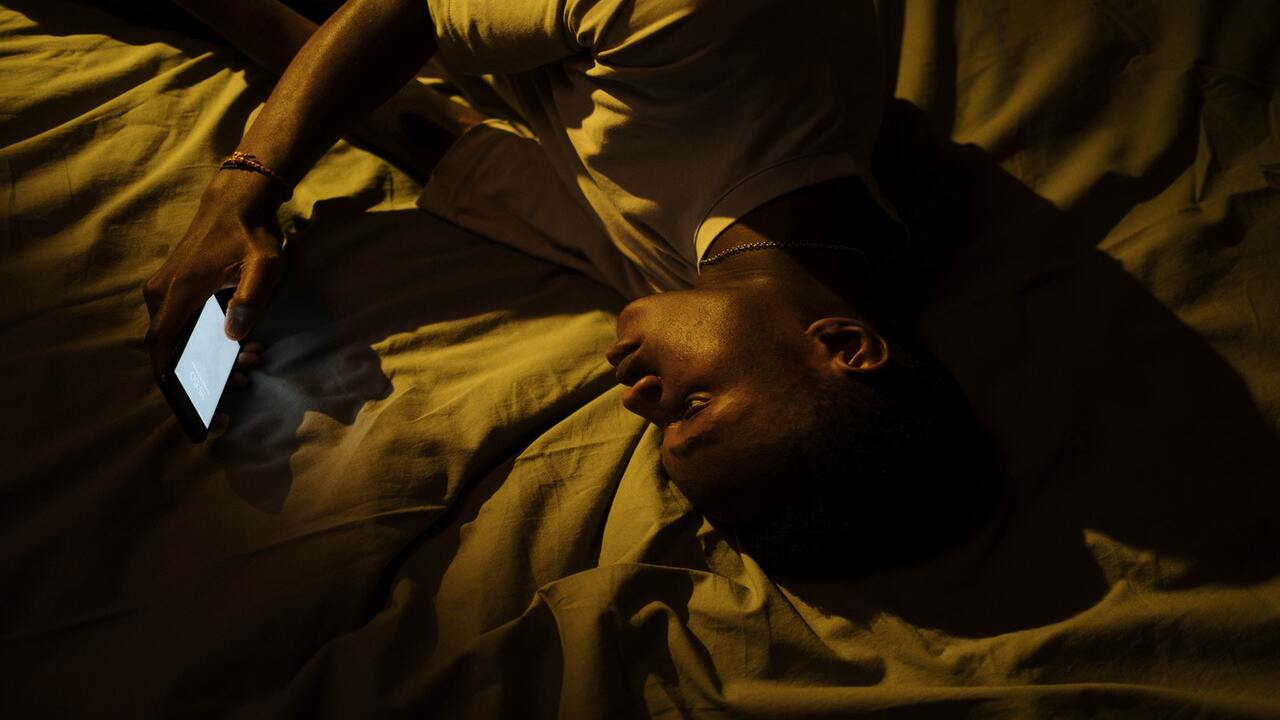What is OCD?
Obsessive-compulsive disorder (OCD) is a mental health condition where an individual has obsessive,
intrusive thoughts and compulsive behaviours. It can impact your daily life and can be extremely distressing.
It is often about control and usually starts when something is out of control in an individual's life. It can affect men, women and children. Some people start having symptoms early, often around puberty, but it usually starts during early adulthood. For individuals suffering from OCD, the rituals are not a matter of personal choice. Rather, they complicate and disrupt their everyday life. People with OCD recognise that these thoughts and beliefs fuelling their compulsions are illogical, or at least highly unlikely. However, they still act on them to relieve the distress caused by the obsessive thoughts.
OCD has 3 main elements:
Obsessions – where an unwanted, intrusive and often distressing thought, image or urge enters your mind repeatedly
Emotions – the obsession causes intense anxiety or distress
Compulsions – repetitive behaviours that the individual with OCD feels driven to perform as a result of the obsession
Examples of obsessive thoughts:
• Fears of deliberately harming yourself or others – for example, fear you may attack someone else
• Fear of harming yourself or others by mistake – for example, fear you will set a fire by leaving a candle burning
• Fear of contamination by infection or disease
• A need for symmetry or orderliness
Examples of compulsive behaviours:
• Checking – such as checking doors are locked
• Cleaning and hand washing
• Hoarding
• Asking for reassurance
• Ordering and arranging
Risk factors for OCD
If you are genetically more likely to develop OCD, other factors can also increase the chances of developing the condition. These include:
• Stress/trauma
• Certain personality traits such as perfectionism
• Childhood abuse
• A traumatic brain injury
When should you seek help?
Many people experience minor obsessive or compulsive symptoms from time to time. It is also not uncommon for someone to have intrusive thoughts or worry about what they might mean. However, it might be time to get help for OCD if:
• The obsessions/compulsions take up over an hour of your day
• The intrusive thoughts or efforts to suppress them cause you distress
• The symptoms upset you or frustrate you
• The OCD symptoms impact your life and relationships
• The symptoms get in the way of what you want to do
How can we help?
At Hapus Hypnotherapy, we help you overcome OCD by focusing on reducing the underlying anxiety which causes the intrusive thoughts and feelings. By reducing the anxiety, the symptoms of OCD can begin to alleviate.
For further help and support regarding OCD, these links may be useful:
https://www.nhs.uk/mental-health/conditions/obsessive-compulsive-disorder-ocd/overview/
















